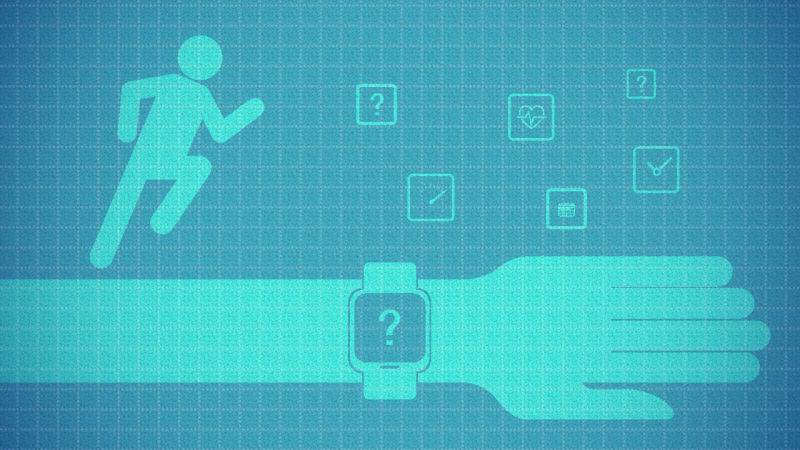Is Your Workplace Fit? (The Guardian -12/09/2017)

Companies institute wellness programs in the workplace based on their belief that such programs will improve employee health, reduce medical costs, increase productivity, and raise retention rates. But does your program design take into account employee attitudes regarding health and the workplace, the challenges they face in following healthy lifestyles, and the program options most likely to motivate positive change?
Most of the companies while considering gym membership for their employees to encourage them to be physically active are faced with the dilemma if employees will indeed visit the gym regularly and if it will be a worthwhile investment with a return in the context of reduced medical costs and increased productivity and performance.
Taking into consideration that health is a very personal matter and a healthy lifestyle cannot be forced, the solution lies in motivating employees to adopt healthy habits and provide ways to help them get involved. Wearable devices such as Fitbit trackers and Garmin are becoming influential to boost employee engagement and increase the social factor of Workplace Wellness Programs.
These devices help track steps and create daily, weekly or annual goals for employees to compete and encourage friendly competition to find new ways to increase their steps every day.
The importance of physical activity
Physical inactivity has been linked to an increased risk of a range of health conditions including coronary heart disease, stroke, osteoporosis, cancer, type 2 diabetes, obesity and mental health problems.
On the other hand, evidence shows that undertaking physical activity can help to prevent disease, maintain a healthy weight and promote mental health and well-being.
Why promote physical activity at work?
Staff ill health has its cost implications for businesses through loss of production, early retirement, staff turnover and absenteeism (both through long term sick pay and the cost of replacement staff)
Evidence suggests that physical activity can benefit an organization because active workforces tend to:
- Report less illness and recover more quickly from the illnesses they do get
- Experience less work absence
- Experience lower staff turnover
- Be more productive
- Have fewer industrial injuries
- Report higher levels of satisfaction with their work
- Create a positive corporate image
How do fitness trackers help?
Wearable fitness devices are gaining traction at workplaces. This is because:
- Data collected from wearable devices can provide meaningful insights for both employers and individual users. Calories burnt, miles run, sleep patterns and resting heart rate are just some of the metrics that wearable trackers can collect. These insights can provide the wearer with a baseline knowledge of their personal fitness level along with the tool to measure activity patterns and improvement rates. They raise one’s awareness of how much, or how little they are moving around.
- An effective communication strategy and supportive culture can enhance the take-up and continued use of wearable devices. Data collected can help identify areas of concern and gain a better understanding of how their staff engages with health and fitness., which can ultimately be used for communication and run appropriate and relevant campaigns.
What is so appealing about fitness trackers is that they rely on gaming techniques and social support to keep individuals and groups moving towards a common goal. For employers who successfully integrate fitness trackers into their workplace wellness programs, this is a win-win, because they help employees reach their individual goals while moving the larger organization toward its corporate health goals.
Reply back to bhakti@impactafya.com or call +255 754 694 643 with your feedback. We welcome your suggestions for corporate wellness tips you’d like to see covered in our future columns.
Bhakti Shah, MPH is the Founder and Managing Director of ImpactAfya Ltd, collaborating with Workplace Options and Mayo Clinic, USA to provide Corporate Wellness and EAP Solutions in East Africa. Bhakti is also the Advisor for the Africa Business Portal and the Past President of the American Chamber of Commerce in Tanzania.
Website: www.impactafya.com | Facebook, Instagram & Twitter: @impactafya
